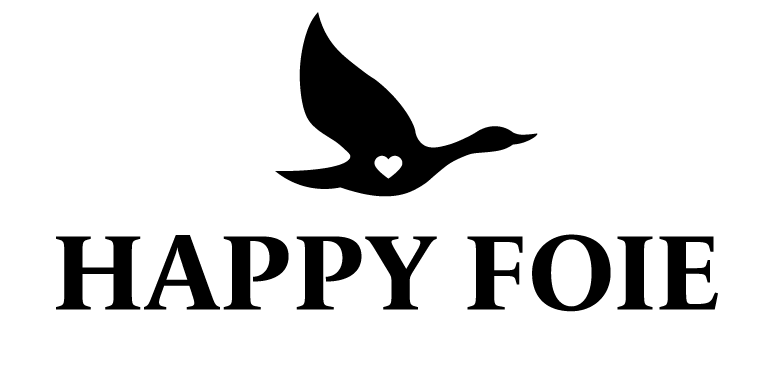
When it comes to our organic duck liver, we guarantee the highest quality. Eiermacher GmbH from Upper Austria has long been a pioneer when it comes to alternative forms of husbandry, impeccable quality and animal welfare requirements. To give you an impression of the values and motivation of our producer, I spoke to Jens Eipper, who is responsible for organic duck management.
- How did you come to run a slaughterhouse for organic ducks? What motivated you to specialize in organic duck and poultry products?
Eiermacher: Basically, the idea for the whole project came about because we had the Brother Hahn project and a small slaughterhouse had already been rented for it. We have been in the poultry sector since 1986 and it was also about making better use of the slaughterhouse. Quality plays a significant role for us. Thanks to the Brother Hahn project and our organic eggs, it made sense to raise our poultry organically.
And then we started the whole project from scratch. That means there are now two partner companies that keep the duck parents for us, where the hatching eggs are produced. The hatching eggs are then hatched in a partner hatchery, from which the chicks are sent to the farms as day-old chicks.
- How many animals do you keep in your yard?
Eiermacher: We have 15 partner companies that raise the ducks for seven weeks. Of course under biological conditions. When they are ready for slaughter, the animals come back to our slaughterhouse. There are a total of 3,000 to 6,000 animals per farm, depending on the size of the farm. The number of animals and compliance with the standards is strictly regulated by the organic regulation.
- What measures do you take to ensure that the ducks are raised humanely and humanely prior to slaughter? How do you ensure they lead healthy lives and feel comfortable around them?
Eiermacher: All of our operations are subject to the organic certificate and are therefore also subject to annual controls. I am also responsible for staying in regular contact with our partner companies. All companies therefore work with uniform values. Our animals have a large run, organic feed and unlimited water availability to be able to wash themselves. In addition, the stables are covered with straw so that the animals do not have to sit on grates like in France or Hungary.
- How will you ensure that the environment and natural resources are protected at your slaughterhouse? What are your methods for reducing waste and emissions?
Eiermacher: Our slaughterhouse draws energy from photovoltaics and is heated by a boiler house that is operated with regional wood chips. As for the animals, we try to recycle as much as possible. This means that as little as possible has to be disposed of. We are not yet able to do this at all levels, but we have a project in development that should serve in the medium term to separate feathers in the slaughterhouse, for example. These can be used to make fertilizer later or to dry bedclothes. In order to save plastic, we use FlatSkin packaging made of cardboard.
Another way is to treat the water we have already used. This is used in our new truck wash station to wash them. That and a general logical way of working saves a lot of resources and will also lead to more savings in the future.
- How do you deal with the challenge of running a profitable slaughterhouse while maintaining organic standards?
Eiermacher: The most important thing for us is that we maintain the high quality and comply with the standards. Conversely, this also ensures that customers are willing to continue buying and, under certain circumstances, to pay the corresponding prices. We produce our energy and electricity ourselves, but we also want to pay our employees and farmers fairly.
- What is your approach to the production and distribution of your products? How do you want to ensure that your customers recognize and appreciate the quality and sustainability of your products?
Eiermacher: On the one hand, the product itself is very strong. Consistent quality is what sets us apart. We try to be as open and transparent as possible with our customers. Be it in conversation at organic trade fairs or if you want to get to know our company on site.
- What are the biggest challenges you face as an operator of an organic duck and poultry slaughterhouse? How will you overcome these challenges and maintain your organic practices?
Eiermacher: On the one hand, of course, the increasing cost pressure from energy prices. Another major challenge is that our product is very seasonally oriented. As a result, we are planning to develop new offers - also with a view to the barbecue season. We want to make our organic ducks more popular in general, a high-quality year-round product. Not just at Christmas.
- How can consumers help promote the sustainability and animal-friendliness of your products? What steps can they take to support the change?
Eiermacher: Point one to promoting sustainability and animal friendliness would be to reach for our products and organic products in general. In this way, consumers can set a strong example for the highest animal welfare and breeding standards. Consumers should also deal more intensively with the background of their food. As is the case with your customers, for example, who reach for tie-friendly Happy Foie products instead of conventional foie gras. Consumers ask themselves how the classic foie gras is usually made and what sustainable alternatives are there. Through this contrast formation and discussion, the philosophy is more likely to be discussed and also drives the advertising for the product.
The change can also be supported even more if newspapers and the media report on it intensively and transparently. The companies, just like the brother Hahn company, act with openness and transparency. This puts the focus on the high level of handling the animals and the quality of the products. This quality comes onto the shelves, consumers put it into circulation and the cycle is closed again.
If you would like to learn more about Eiermacher GmbH, read here .
Image source: Eiermacher GmbH












